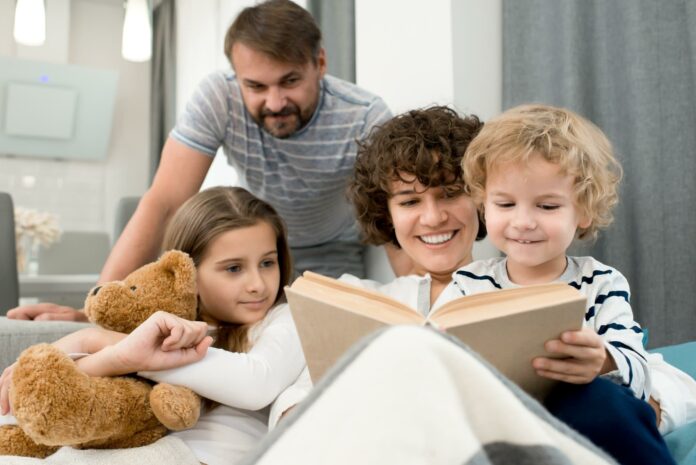Habits take up a lot of our time, but we don’t realize it. Habits are a big part of our lives, whether trying to break them or make them. On the eve of the new year, many of us jot down goals and dreams for the year ahead. According to previous years, most of the list is very similar to the last year’s. Habits are what make us who we are.
If we break our morning routine, we’re likely to start the day off on the wrong foot. Persistence and determination are essential for anyone who wants to create a pattern.
Children are the most significant source of inspiration for our work. We’ve happily adopted our daily routine to accommodate the needs of our new family. To ensure a child’s healthy development, adoptive parents can teach them good habits.
Learn Adoption Language
Adoptive parents need to learn the use of positive language; you can’t control what others say about your family; you can control what you say. So it’s a good idea to brush up on your knowledge of positive adoption terminology.
Choosing words that show respect for birth parents, adoptees, and likes is still a new concept regarding positive adoption language. Be more aware of verbal offenses and more considerate of others’ feelings.
Undoubtedly, bringing up the subject of adoptive parents in polite conversation falls under the umbrella of positive adoption language. When we criticize biological parents, we’re also criticizing a part of our child’s personality. You need to understand that learning that harmful language can have an impact on an adopted child. Keeping an open mind and striving to broaden our horizons are never-ending pursuits.
Avoid Negative Slurs
The use of negative slurs can exacerbate a child’s feelings of abandonment and rejection. In addition, an adoptee develops trauma by remembering separation from his biological parent’s mother due to death, adoption, or foster care. And they could suffer psychological wounds.
Even though most people unintentionally use negative language,
increasing your adoption knowledge and positivity can significantly impact, mainly because the adoption conversation is evolving. The fact that you’re not obligated to educate anyone is important to remember. It all boils down to how you see things and what you want to do about them.
Freely Exchange Ideas
Open communication within and outside of the family has been shown to have numerous advantages. Having an available line of communication can lead to positive solutions and productively correct mistakes, and having an open dialogue can help you establish that line.
Learn to create an environment that encourages open discussion, leading to a wide range of topics. It’s possible to build trust by being open and honest.
Learn to Keep Adoption a Secret
Many adoptees have shared their views on how they learned they were adopted. Based on the responses, the most common answer has never been kept a secret. As a result, adopted children live in fear of not being accepted in society among peers.
In transracial adoption families, open communication is critical. Providing a safe environment for children from different ethnic or cultural backgrounds can be a monumental task. However, allowing them to explore and discover their cultural identity without the fear of offending them is the most rewarding achievement in this endeavor. To strengthen an adoptive family, you need :
Honesty Habit
We all know that trust is built on honesty. Therefore, adoptive families should cultivate this invaluable Habit. This will help establish a connection.
Having the courage to be open and honest with a person you care about shows that you trust them with your feelings and vulnerabilities.
Consistency in Habit
It would help if you were consistent with your family’s new Habit, no matter what you decide to do. We can ensure that our children are fully adopted healthy is to making sure they are exposed to those healthy habits regularly. Consistency in Habit can be one of life’s most significant challenges, but knowing that the benefits directly affect our children can be our greatest motivation.
Indeed, what works for one family may not work for another. It’s impossible to say there’s a one-size-fits-all approach to adoption, but the healthy habits you develop can help you and your child or children grow closer.

